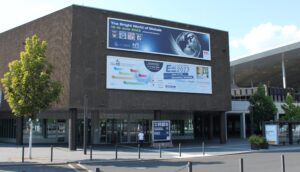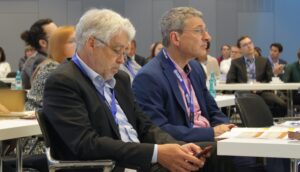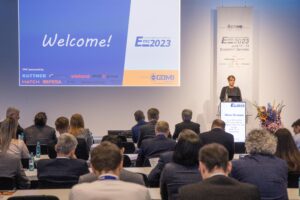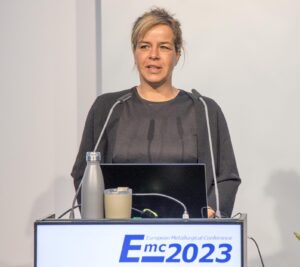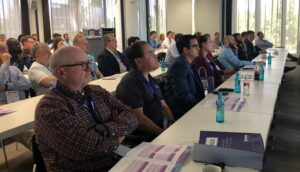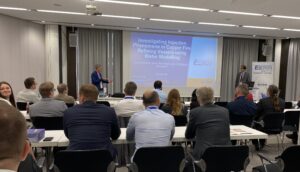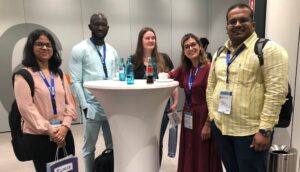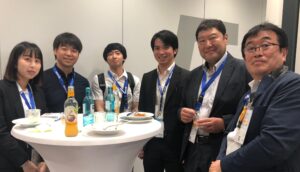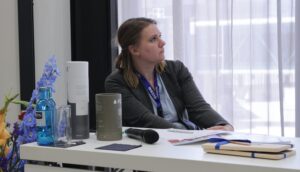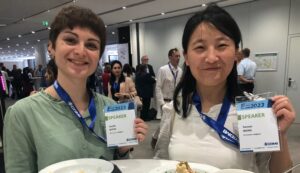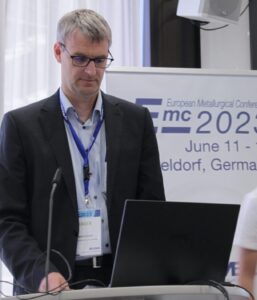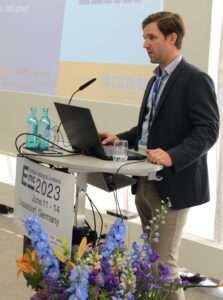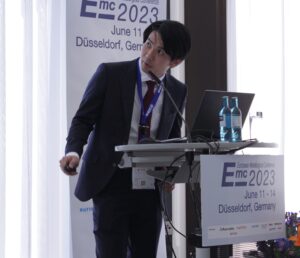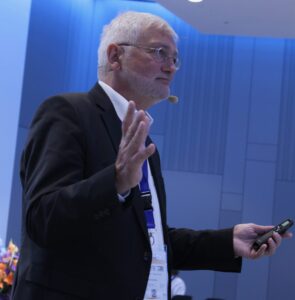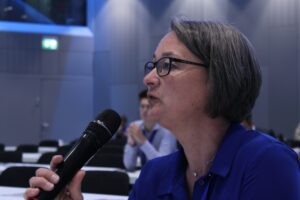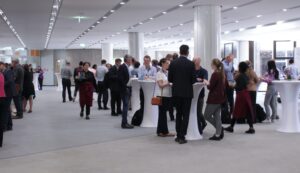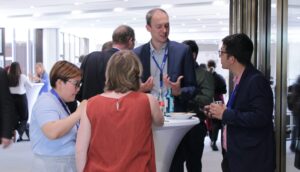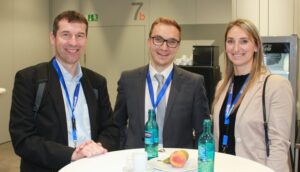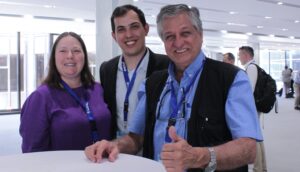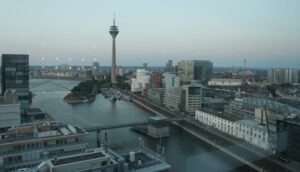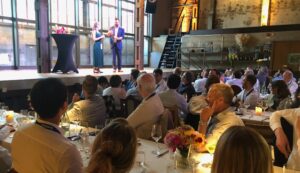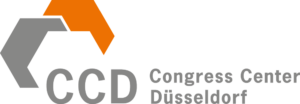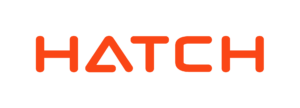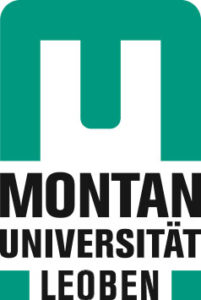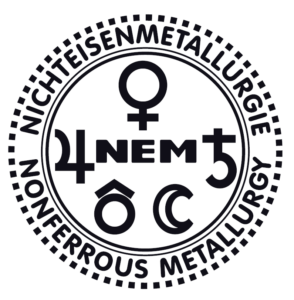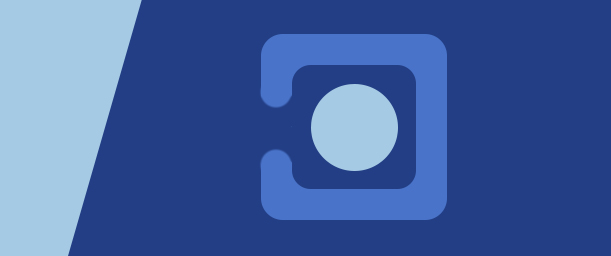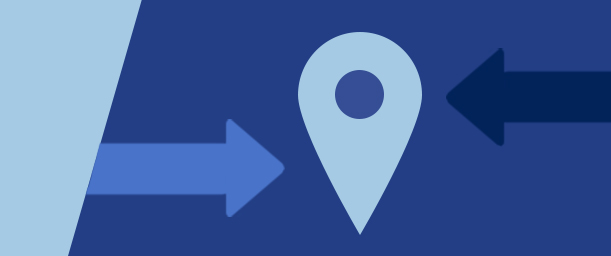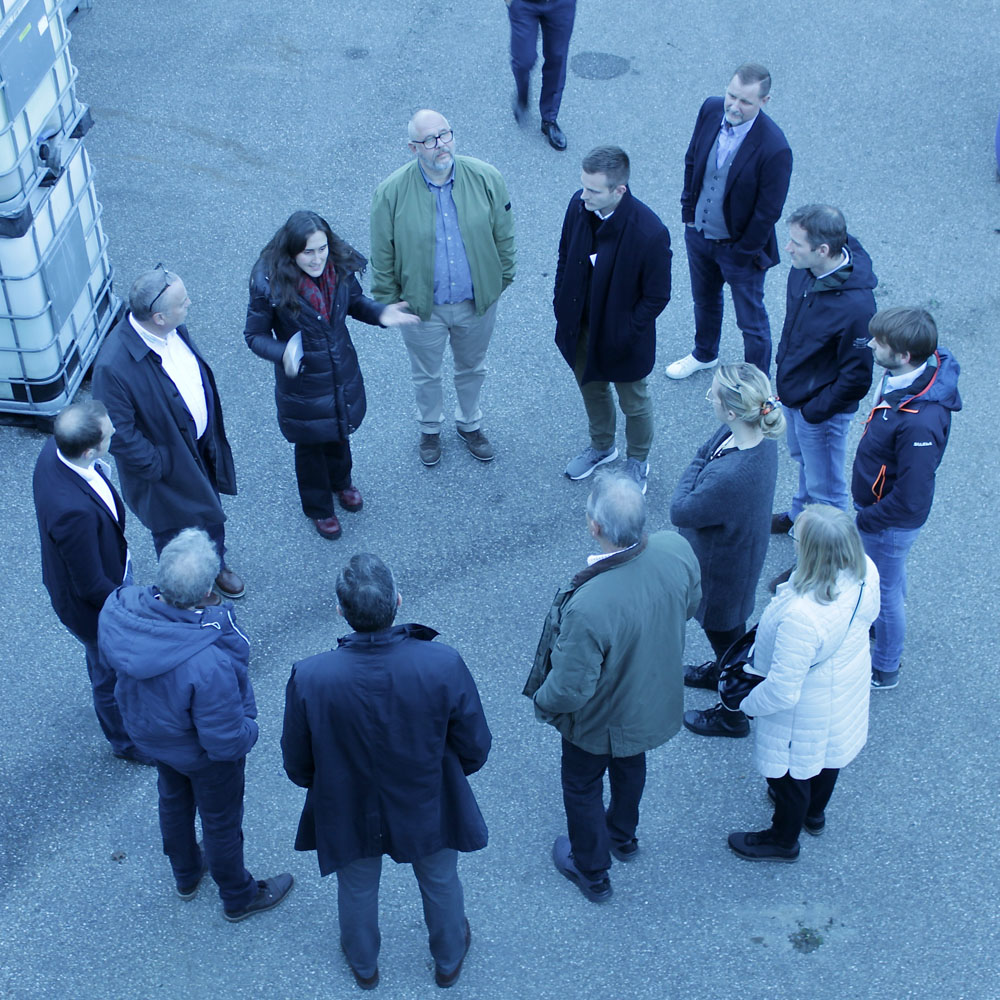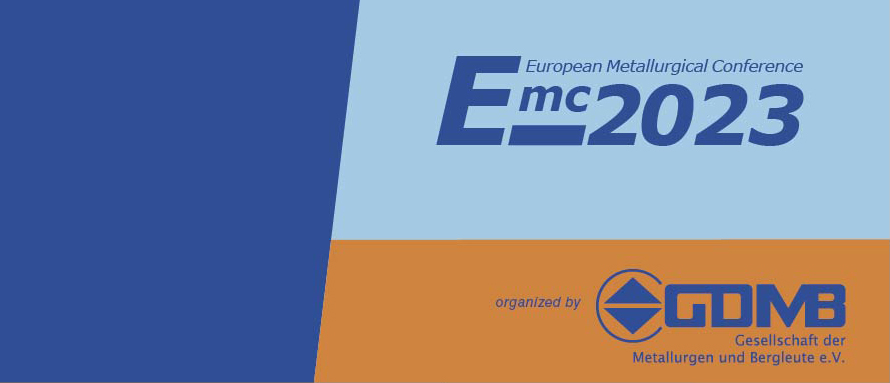
Post-reporting of the European Metallurgical Conference 2023
The European Metallurgical Conference 2023 (EMC-2023) took place between June 11th and 14th 2023 in Duesseldorf, Germany. More than 300 Metallurgists of the non-ferrous industry sector met to present latest findings and discuss requirements of the industry. Speakers traveled from as far as Taiwan and Japan, Australia, South and West Africa, Brazil, Mexico and the U.S. to meet European non-ferrous metallurgists in Duesseldorf. And Europe was represented by participants from basically every country of the European Union.
The Maxime “Towards carbon-free and self-reliant energy supply for metallurgical processes” was resonated in more than 100 presentations. Plenary speeches focused on enablers for mobility and energy transition projects, namely Hydrogen, Lithium and De-carbonization. The broad portfolio of metallurgical research areas required a setup of three parallel sessions, which were usually very well attended. Some presentations attracted so many listeners that late-comers had to stretch their necks and listen from the door sill. The humming of lively discussions filled the floors over coffee breaks and lunch time.
The interesting program was assembled by Univ.-Prof. Dipl.-Ing. Dr. mont. Helmut Antrekowitsch and Dipl.-Ing. Dr. mont. Eva Gerold, both working at the Montan University of Leoben, Austria. Both paid special attention the international dimension of the EMC-2023, a well-balanced mix of topics and high quality of papers. Beyond this, they managed to demonstrate a diverse, young and vibrating non-ferrous metallurgical industry. 25% of all speakers were female, mostly young and fully competitive. 22% of chair seats were taken by woman and which is exactly the share of women in the over number of participants.
All over, the EMC-2023 was a mayor success. GDMB is sincerely grateful for all the support it received, starting by its Sponsors Hatch Küttner GmbH, Aurubis AG, Befesa Zinc Duisburg GmbH, Metso Oy, SMS groups GmbH, Nordenham Metall GmbH, Wieland-Werke AG und Nickelhütte Aue GmbH, giving also a big hand to all co-sponsors TMS, METEC & 6th ESTAD, IOM3, SAIMM, MetSoc, REWIMET, Messe Duesseldorf and Messe Karlsruhe, all participants, key note speakers & speakers, chairs, to the Scientific Committee, the Presidents and all other stakeholder.
A big THANK YOU! to all participants, contributers, sponsors and stakeholders!
Key facts
Organizer GDMB Gesellschaft der Metallurgen und Bergleute e.V.
Location CCD Congress Center Duesseldorf Stockumer Kirchstraße 61 40474 Duesseldorf; Germany
Date June 11th – 14th, 2023
Formats On-Site & Remote
Contacts GDMB, Paul-Ernst-Straße 10 38678 Clausthal-Zellerfeld emc@gdmb.de +49 5323 937933
Deadlines
20.02.2023 Raw version paper (authors)
01.03.2023 Registration opens (all)
24.04.2023 Final version paper (authors)
06.05.2023 Early-Bird period ends (all)
15.05.2023 Application free-entry tickets (students)
20.05.2023 Order deadline printed proceedings (all)
22.05.2023 Submission of presentation, Short-CV (presenters)
12.06.2023 Download conference papers, on daily baisis (all)
Sponsors

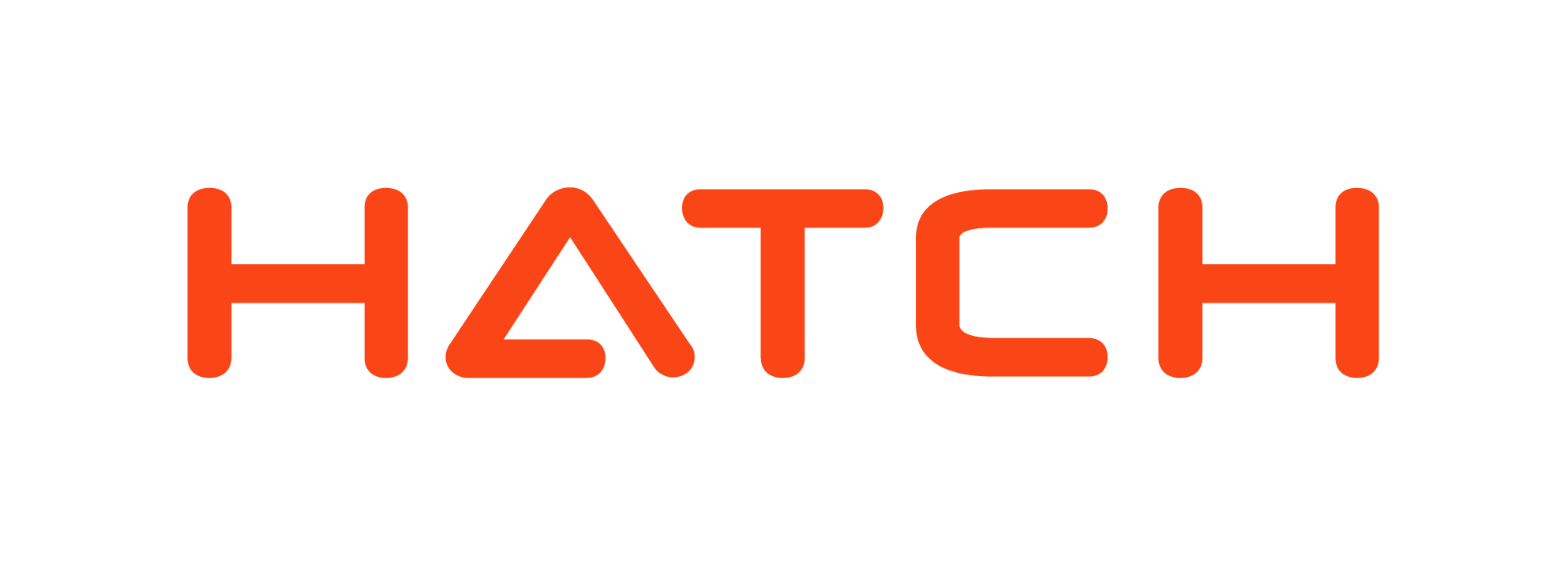







Partners
Bright World of Metals
Free access to trade fairs for visitors of EMC 2023. Visit the websites of the fairs, register for newsletters, and stay informed!
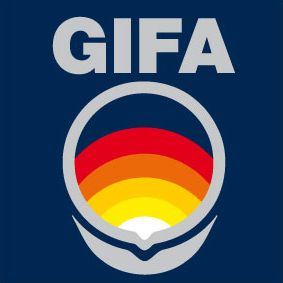
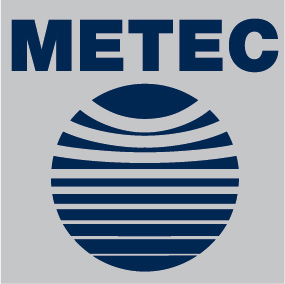
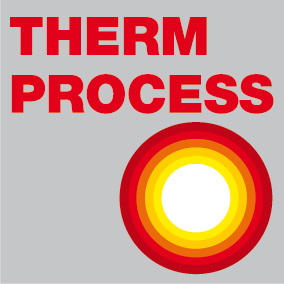
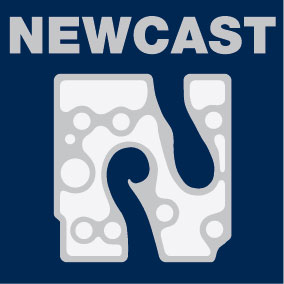
Scientific Committee
Chair: Univ.-Prof. Dipl.-Ing. Dr. mont. Helmut Antrekowitsch
Assistance: Dipl.-Ing. Dr. mont. Eva Gerold
Priv.-Doz. Dipl.-Ing. Dr. mont. Jürgen Antrekowitsch
Priv.-Doz. Dipl.Ing. Dr. mont. Stefan Steinlechner
Univ.-Prof. Dipl.-Ing. Dr. mont. Stefan Pogatscher
Univ.-Prof. Dipl.Ing.Dr. h.c. Bernd Friedrich
Univ.-Prof. Dipl.-Ing. Dr. jur. Walter Frenz
Univ-Prof.Dipl.-Ing. Dr. Alexandros Charitos
Dipl.-Ing. Dr. mont. Stefan Wibner
Location
CCD Conference Center Duesseldorf, Stockumer Kirchstrasse 61, 40476 Duesseldorf, Germany
Univ.-Prof. Dipl.-Ing. Dr. mont. Helmut Antrekowitsch
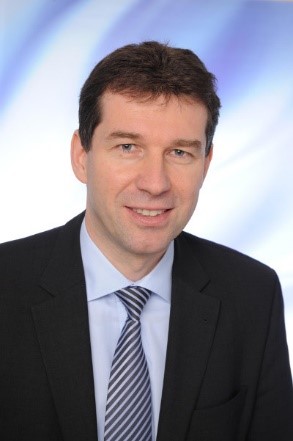
Dipl.-Ing. Dr. mont. Eva Gerold
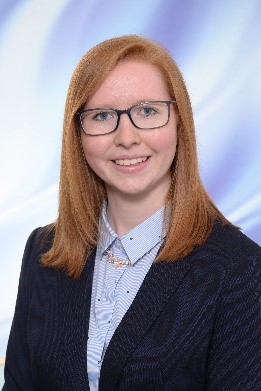
Univ.-Prof. Dipl.Ing.Dr. h.c. Bernd Friedrich
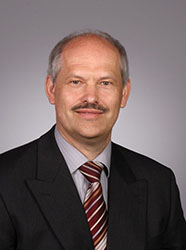
Dr. Bernd Friedrich has been a professor, chair holder and director of the Institute for Process Metallurgy and Metal Recycling (IME) at RWTH Aachen University since 1999. Previously, he held various management positions in industry, including plant manager at VARTA Portable Batteries. The Institute of Process Metallurgy and Metal Recycling (IME-RWTH) is one of the largest metalworking research centers in Europe and a world leader in the field of process design and optimization with a special focus on critical waste streams to support the sustainability of the circular economy. Professor Friedrich’s research activities range from pyro- and hydrometallurgy to metal refining, the production of complex alloys, metal recycling and the synthesis of nanopowders to waste processing. With almost 400 articles in scientific journals and conference contributions, he is a world-renowned expert in the field of metallurgical process technology and metal recycling. The work on lithium battery recycling, published in 2012 in the leading journal Journal of Power Sources, has been cited nearly 500 times. In the same year he was awarded the “Raw Material Efficiency” prize by the German Federal Minister for Economic Affairs and Energy for his work on battery recycling. In 2008, 2012 and 2016, his teams were awarded the “Kaiserpfalz-Preis” by the Metal Trade Association. In 2011 he received an honorary doctorate from the Donetsk National Technical University in Ukraine. Professor Friedrich is regularly invited to speak at numerous conferences and regularly acts as guest editor for special issues of high-ranking professional journals.
Priv.-Doz. Dipl.Ing. Dr. mont. Stefan Steinlechner
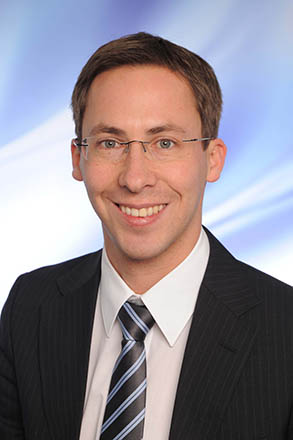
Univ.-Prof. Dipl.-Ing. Dr. mont. Stefan Pogatscher
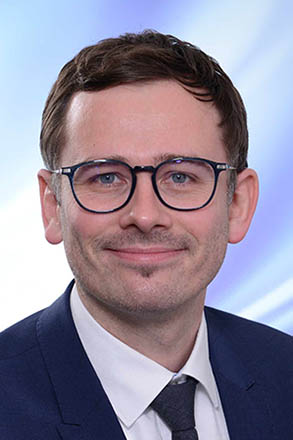
Dipl.-Ing. Dr. Sabina Grund
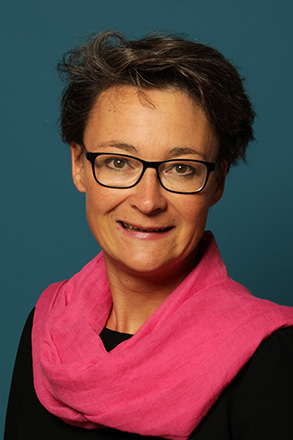
Univ.-Prof. Dipl.-Ing. Dr. jur. Walter Frenz
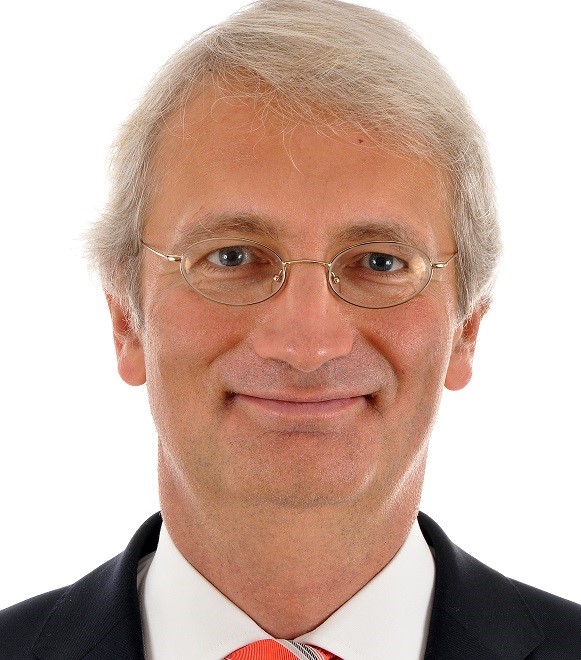
Walter Frenz (born in 1965 in Schwäbisch Hall) studied law at the Universities of Würzburg, Caen (Maîtrise en Droit Public) and Munich; 1st and 2nd state examination, 1991 doctorate (Prof. Lerche). In 1992/93 he was head of the constitutional law group at the University of Bonn, from 1994 to 1996 he was a scientific assistant at the University of Münster and a professor of German law at the Catholic University of Nijmegen. Since 1997 he has been a university professor at RWTH Aachen University, where he is head of the teaching and research area of mining, environmental and European law. Among other things, he is (co-)editor of a manual Industry 4.0: Law, Technology, Society (2020, English 2022) and of comments on the Wassehaushaltsgesetz (2nd edition 2017), Bundesnaturschutzgesetz (3rd edition 2021), EEG (5th Edition 2018), Bundesberggesetz (2019), Atomrecht (2019), Emissionshandelsrecht (3rd edition 2012) and Klimaschutzrecht (2nd edition 2022; Main features: 3rd edition 2023). He is the author of a six-volume handbook on Europarecht (2nd edition 2012 ff.; recently published: Vol. 3: Beihilferecht, 2021) and a presentation of EU and national Vergaberecht (2018). He is editor of the journal Natur und Recht as well as co-editor of the journals Wirtschaft und Verwaltung (WiVerw.), Energierecht (ER) and Umwelt- und Planungsrecht (UPR). Main areas of work: climate protection law, European law (especially competition law and fundamental rights), constitutional law, digitization law, energy law, mining law, nature conservation-, waste-, soil protection-, immission control-, water-, emissions trading- and habitat protection law. Contact: frenz@bur.rwth-aachen.de
Dipl.-Ing. Dr. Eric Becker
Dr. Eric Becker Senior Metallurgist R&D, Aurubis AG Hamburg
Eric Becker was born in Aachen in 1964. After graduating from the Quirinus-Gymnasium in Neuss (1983), he began his metallurgy studies at RWTH Aachen with a focus on non-ferrous metallurgy from October 1983 to April 1989. Thereafter Eric completed his PhD in June 1993. During his PhD studies he also worked as a scientific assistant at the Institute for Non-Ferrous Metallurgy and Electrometallurgy.
In July 1993 Eric was employed by Norddeutsche Affinerie AG (later Aurubis AG) in Hamburg as member of the R&D department. From 1994 to 1998 he worked as plant manager in the following production departments: smelting/anode production, copper electrolysis, continuous casting, and contirod plant. From January 1999 he was assigned responsible for chemical plants and precious metals refinery a plant manager, from June 2003 onwards also for the lead operation and the selenium plant in the secondary smelting area additionally. In October 2012 he was appointed as director.
From October 2015 until January 2018, Eric was appointed as head of the HR campus, where he was responsible for establishing an integrated education area within the Aurubis Group with a focus on training and life-long education, taking into account long-term trends (e.g. Industry 4.0), universities and international education networks.
From February 2018 to September 2019, Eric became a member of the “FCM – Future Complex Materials” project team. The aim of this project was to expand Aurubis’ range of raw materials, introduce new technologies and processes as well as optimizing metal output.
After the end of the FCM project in October 2019, Eric returned to the R&D department, where he has since been responsible for various expansion, process optimization and new development projects in the hydrometallurgy area.
Dr Becker has been a member of the GDMB since 1986. Since 2008 he has headed the special metals technical committee. He has been a member of the Presidium of the GDMB since 2016, currently as Deputy President.
Dipl.-Ing. Dr. mont. Stefan Wibner
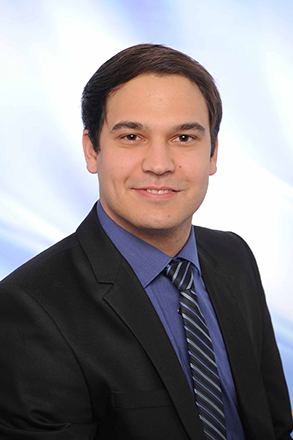
Curriculum vitae:
Stefan Wibner attended the HTBL u. VA in Graz-Gösting from 2004 to 2009 with a focus on mechanical and plant engineering. From 2010 to 2016, he completed a Bachelor’s degree in metallurgy at the University of Leoben and subsequently a Master’s degree with a focus on non-ferrous metallurgy, iron and steel metallurgy and thermoprocessing technology. Since 2016, Stefan Wibner has been a research assistant at the Chair of Nonferrous Metallurgy at the University of Leoben, where he wrote his dissertation entitled “Behaviour of aluminium-containing residues and low-grade aluminium scrap during recycling, taking special metals into account”. At present, he is mainly involved in the research areas “Recycling of metal-containing residues” and “Methane pyrolysis in a catalytically acting metal bath” at the aforementioned chair.
Contact:
Telephone: +43 3842 402 5212
Mobile: +43 680 11 88 620
Email: stefan.wibner@unileoben.ac.at
Dr. Michael Stelter
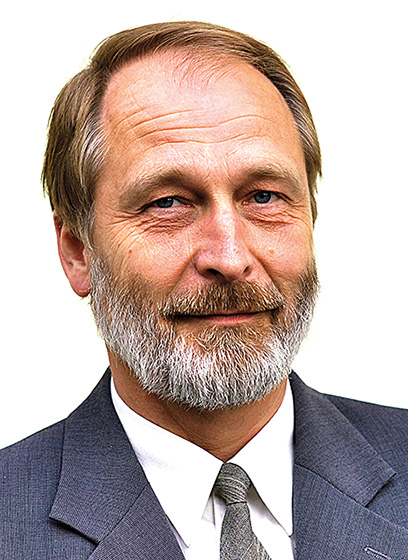
Michael Stelter (1956) studied Chemistry at the University of Darmstadt. He finished his Doctoral thesis in 1987. From 1987-1993 he worked as representative head of the R&D department at Norddeutschen Affinerie Hamburg (today Aurubis). Meanwhile he was member of the board of directors of Transvaal Alloys, South-Africa. 1994 he changed into the field of Electroplating and Recycling Technology as head of R&D department of GOEMA near Stuttgart. From 1997 – 2021 he was Professor and Director of the Institute for Non-Ferrous Metallurgy and Purest Materials of TU Bergakademie Freiberg, Germany. From 2000 – 2004 he was Vice Rector for “Education and Structural Development” and from 2010 – 2014 Vice Rector for “Research” of the University.
Since 2004 he is member of the Presiding Committee of GDMB, from 2006 – 2019 Vice President of the Society and from 2019 – 2021 President.
Dr. N. Anastasijevic
Dr. N. Anastasijevic has more than 30 years of experience in technology providing business (Anlagenbau, LURGI later Outotec). He has published approximately 40 papers and made, as co-inventor for Lurgi and later Outotec, more than 40 patent families in different technologies including fluidized bed applications, heterogeneous catalysis, electrolysis and pyrolysis. At Outotec he had till 2020 global responsibility for technologies, products and R&D, including digitalization in Metals, Energy and Water and was in charge of Outotec’s global Technology scouting. He was for almost 20 years the leader of the Frankfurt Research Centre (LURGI, later Outotec) and holder of several positions of trust.
Katarzyna Klejnowska, PhD
Katarzyna Klejnowska, PhD, is a graduate of the Faculty of Environmental Engineering and Power Engineering at the Silesian University of Technology in Gliwice. She currently works at the Łukasiewicz Research Network – Institute of Non-ferrous Metals in the Department of Metallurgy. She is the Leader of the Metallurgical Processes and Energy Modelling Research Group. Author and co-author of a number of publications, active participant and manager in international projects funded by EIT Raw Materials. Member of the Incubation Forum on Circular Economy in European Defence (IF CEED) at the European Defence Agency, member of the PC CAM group (Circular Additive Manufacturing), member of the Sustainability Team of the Chamber of Commerce of Non-Ferrous Metals and Recycling (IGMNiR), member of the Equal Treatment and Anti-Discrimination Team. Nomination for Personality of the Year 2022 in the category Science in the poll of the Polish magazine Dziennik Zachodni.
Contact:
Telephone: +48 32 238 03 57
Email: katarzyna.klejnowska@imn.lukasiewicz.gov.pl
Co-Sponsors


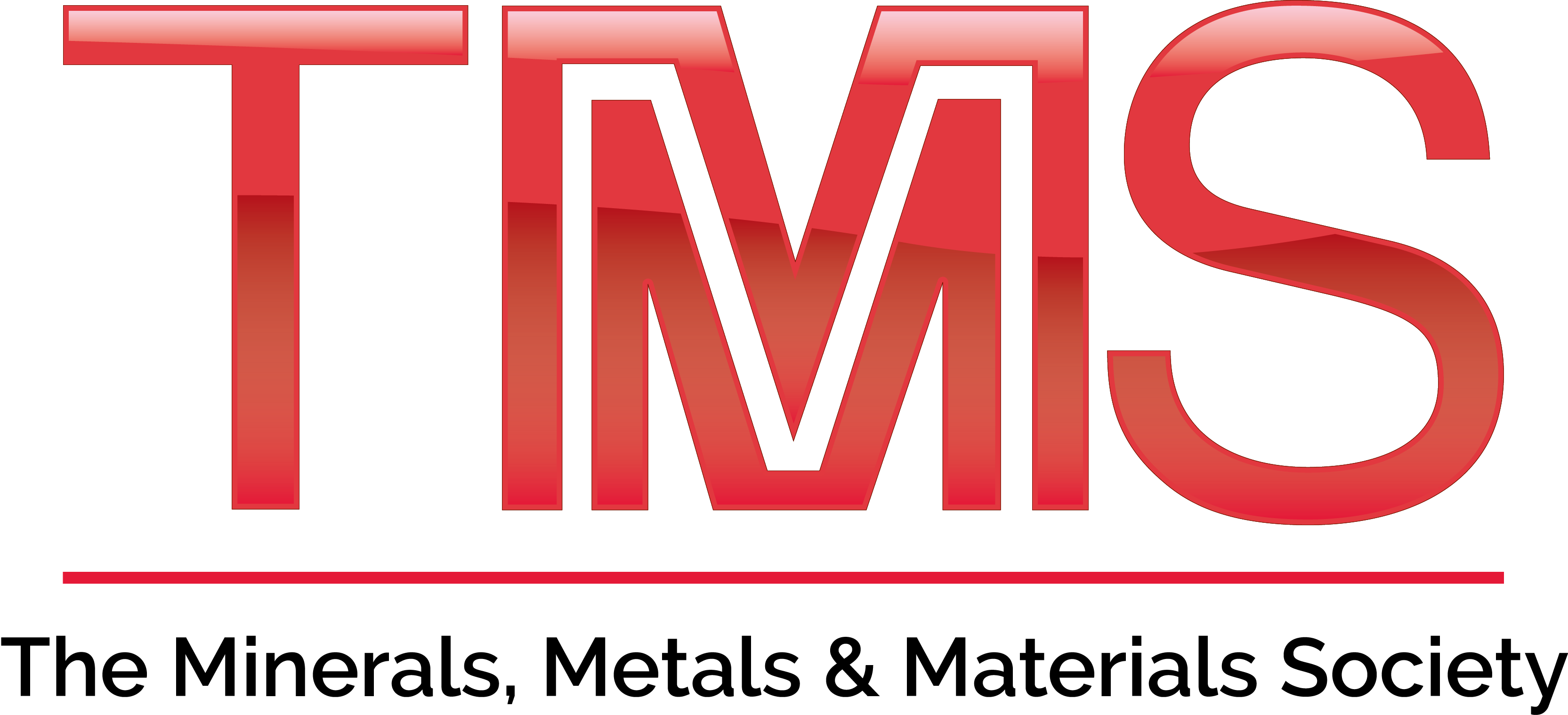
TMS is a member-driven, professional society that connects thousands of minerals, metals, and materials scientists, engineers, and students worldwide.
TMS creates networking, publication, and professional development opportunities by convening international conferences, publishing books and journals, administering awards, conducting courses, and convening the professional community to address issues of common concern.
To learn what TMS membership can do for you, visit www.tms.org

The Institute of Materials, Minerals & Mining (IOM3) is a professional engineering, environmental and scientific institution, a registered charity and governed by a Royal Charter.
IOM3 supports professionals in materials, minerals, mining and associated technical disciplines to be champions of the transition to a low-carbon, resilient & resource efficient socienty. It seeks to be the best professional membership body it can be by providing modern, flexible services; quality technical content; and value for money.
IOM3 activities promote and develop all aspects of the Materials Cycle, from exploration and extraction, to characterisation, processing and application, to product recycling, repurposing and reuse. Visit www.iom3.org/ for more information.
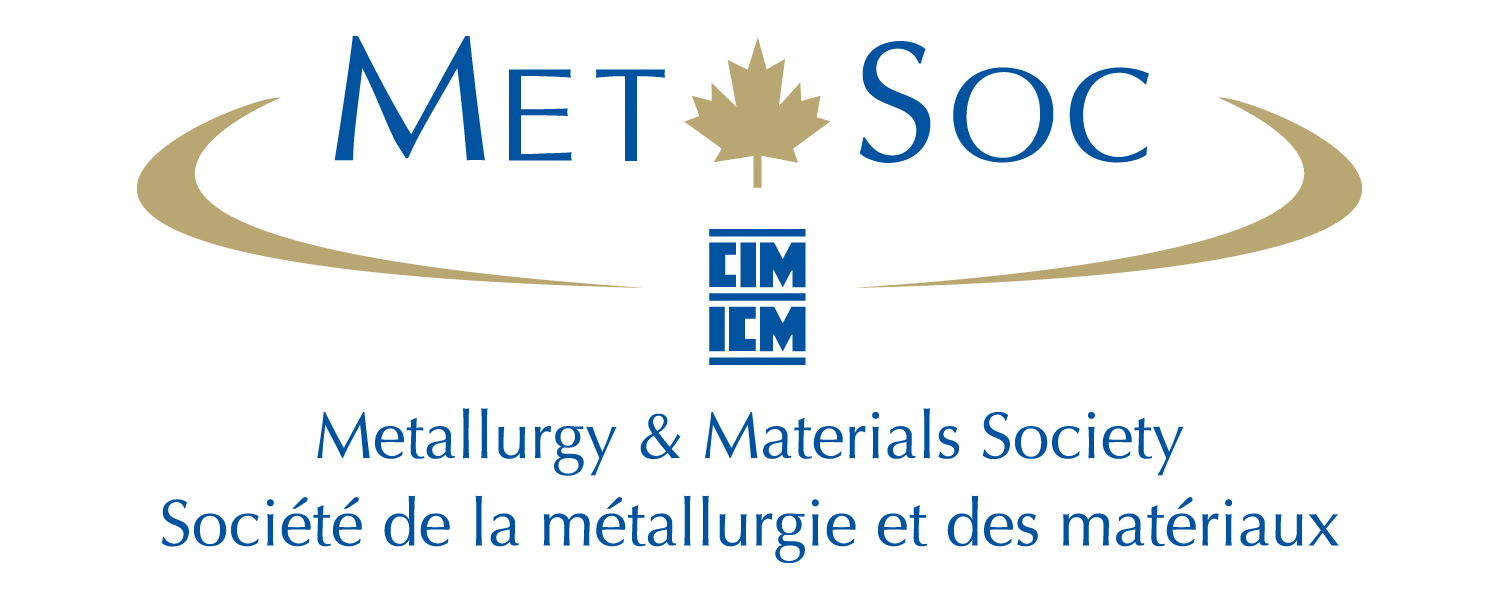
Constituted as a Society in 1967, the Metallurgical Society (MetSoc) is one of the four societies and five divisions making up the Canadian Institute of Mining, Metallurgy, and Petroleum. In October of 2010, the Society adopted its new name The Metallurgy and Materials Society. It is composed of six technical sections, representing the technical diversity of the metals, minerals and materials community, and of four standing committees dedicated to the various member services of the Society.
The main purpose of the sections is to create forums for the sharing of ideas or the analysis of problems. Representatives of each section are responsible for the organization of technical meetings and symposia to deal with current issues in their area of expertise. These events occur at the Annual Conference of Metallurgists, the Hydrometallurgy Annual Meeting, and the CIM Annual General Meeting or at specific international symposia and regional meetings. Visit www.metsoc.org/ for more information.
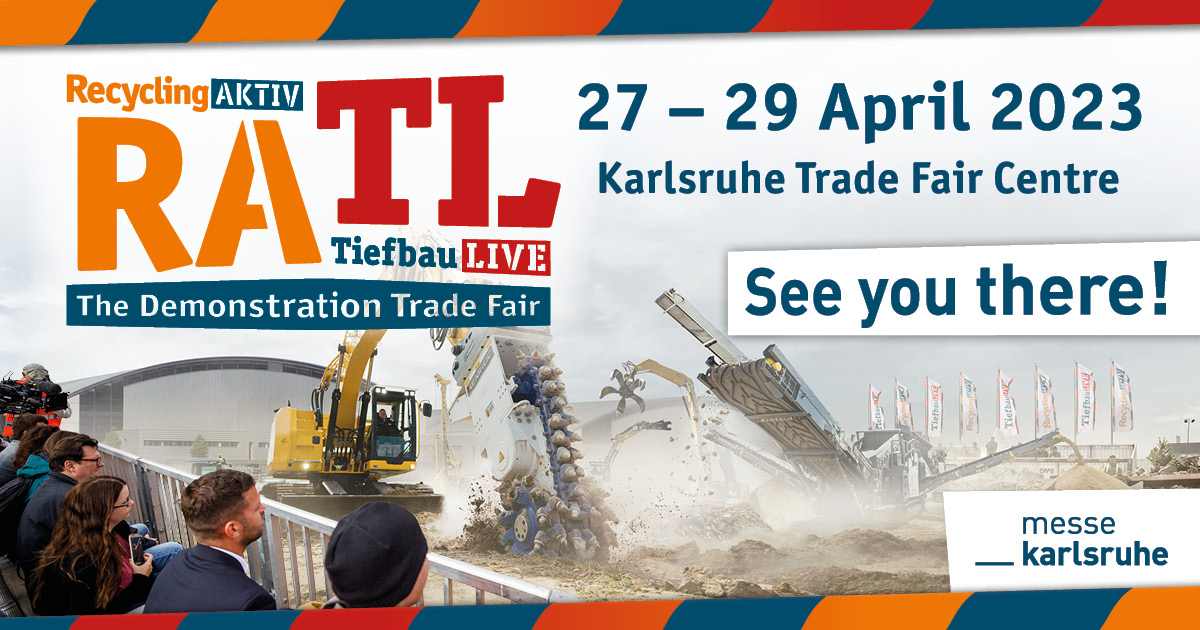
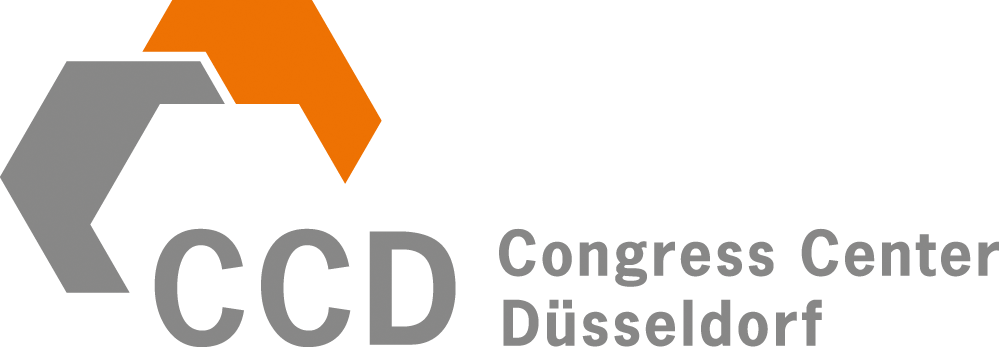

The Southern African Institute of Mining and Metallurgy (SAIMM) is a professional institute with local and international links aimed at assisting members source information about technological developments in the mining, metallurgical and related sectors.
SAIMM key objectives are to identify the needs of its members and to initiate and give effect to the means whereby the requirements of technological and scientific knowledge of the minerals and metals section of the South African economy are satified; and furthermore to represent and promote the interests of its members. To see what SAIMM can do for you, visit www.saimm.co.za

REWIMET is a network of companies, scientific institutions and local authorities. The members employ approx. 18,000 people and have an annual turnover of approx. EUR 4.8 billion.
REWIMET stands for the recycling of economically strategic metals and other important raw materials, for innovation and exchange in the metal recycling industry among businesses, science and local authorities. If we want to implement a circular economy, we need a lot of innovations to break away from the linear economy. This idea is embodied in REWIMET. For further information visit https://rewimet.de/english/

